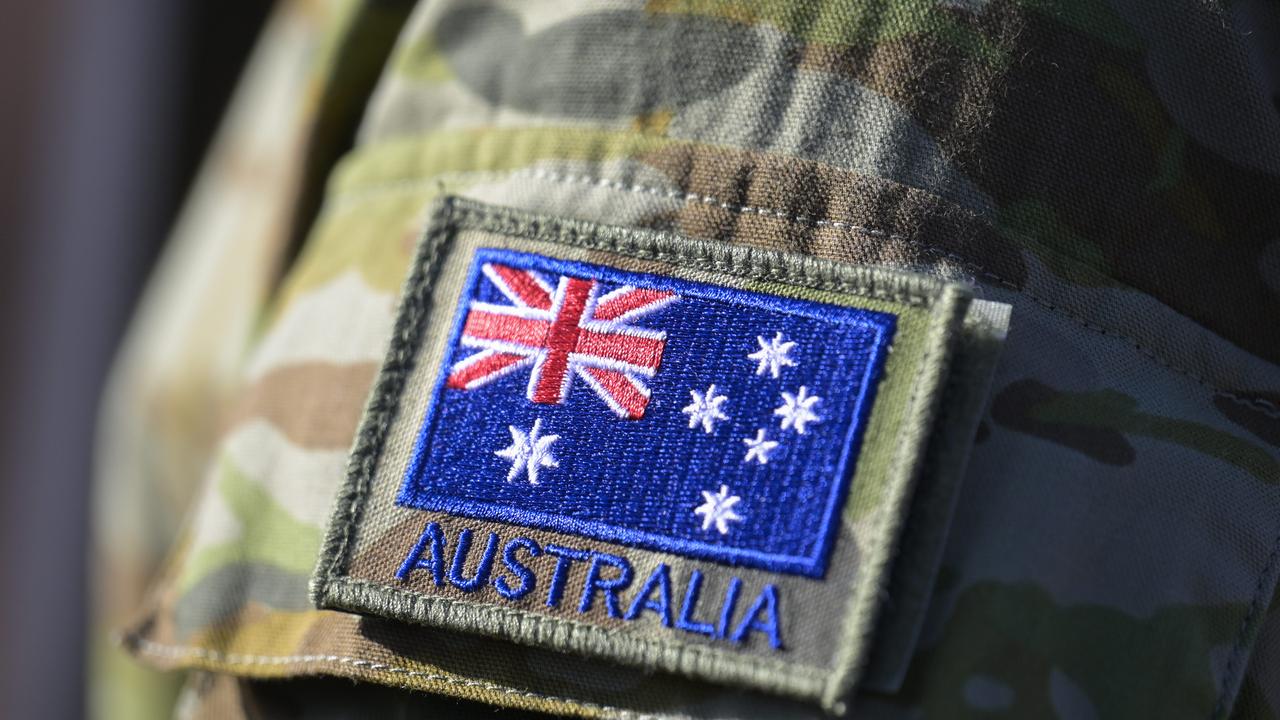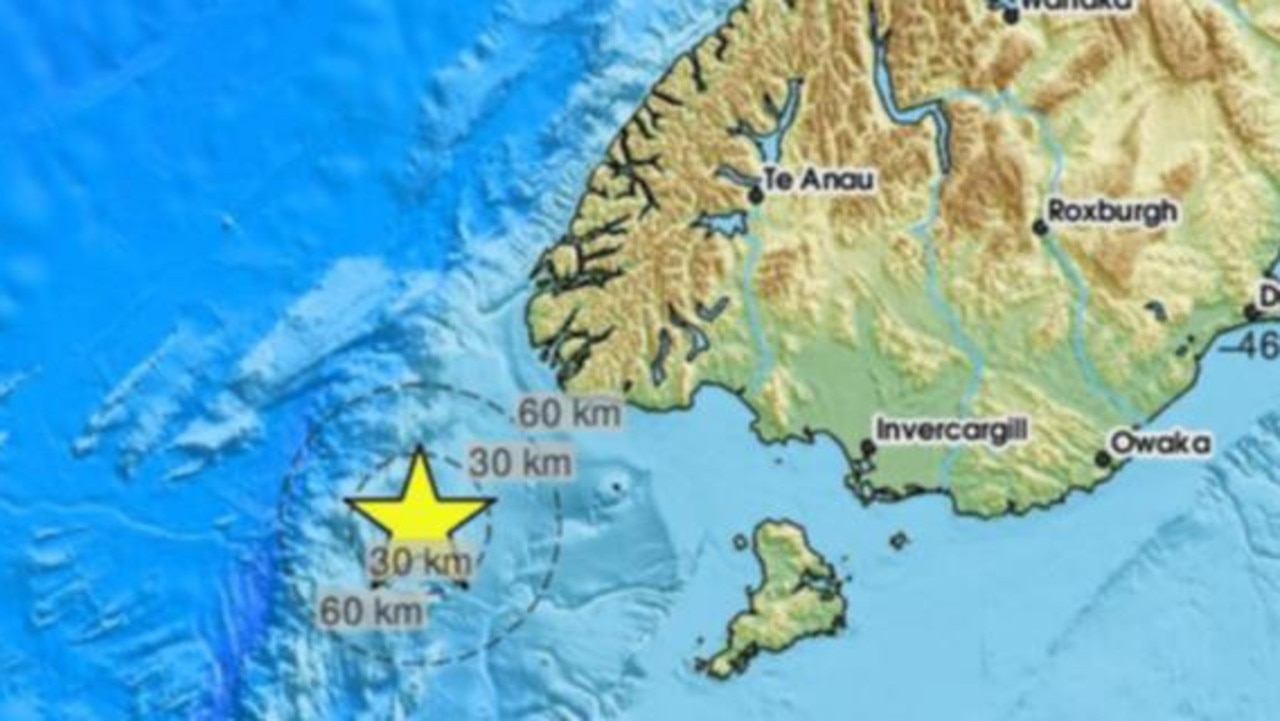Jacinda Ardern breaks record as Judith Collins is ousted as National leader in New Zealand
With the New Zealand opposition in turmoil once again, the country’s Prime Minister Jacinda Ardern has set an incredible record.
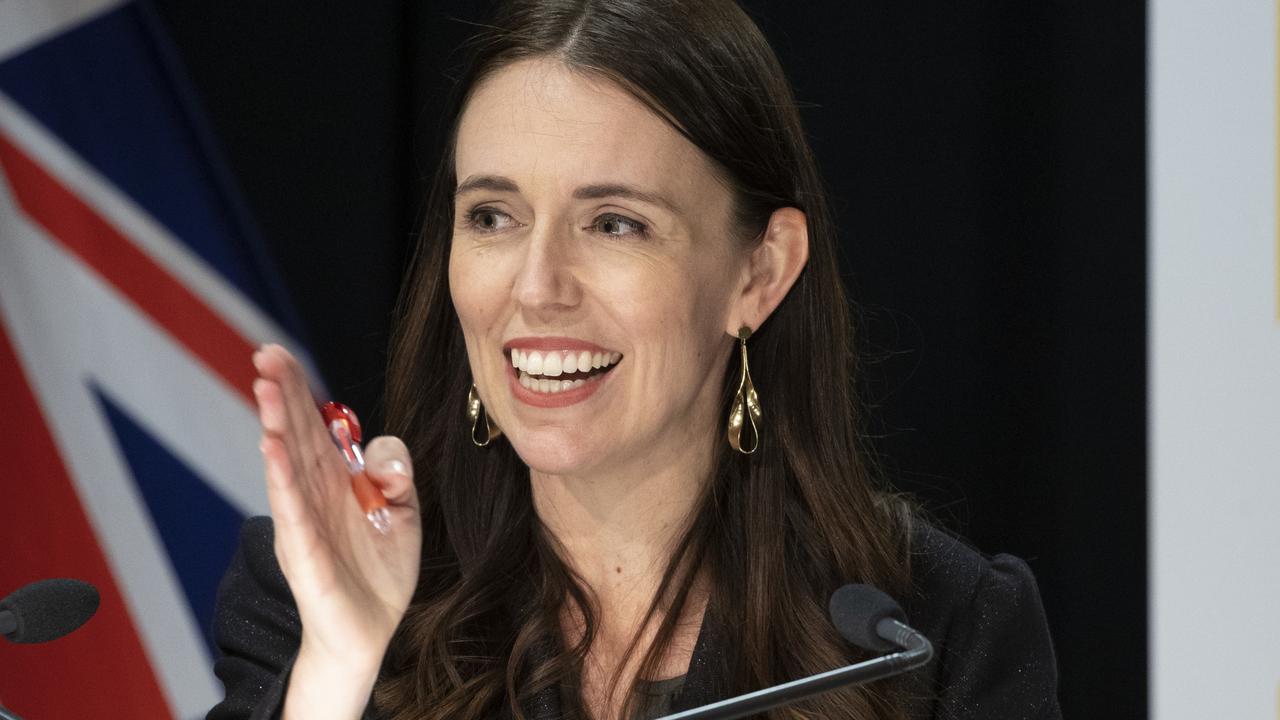
The New Zealand opposition is in disarray once again, with the National Party voting to oust its leader, Judith Collins.
Dr Shane Reti will take over as interim leader until a permanent replacement is chosen on Tuesday of next week.
Ms Collins’ downfall means Prime Minister Jacinda Ardern, of Labour, has set a new record: she’s now seen off more opposition leaders than any other Kiwi PM, despite being in just her second term.
Since Ms Ardern came to power in 2017, she has witnessed the demise of four National leaders: former prime minister Bill English, Simon Bridges, Todd Muller and Ms Collins.
That puts her ahead of former National prime minister John Key, who saw off Labour leaders Phil Goff, David Shearer and David Cunliffe.
Mr Key resigned from the top job before Ms Ardern deposed his fourth opposition leader, Andrew Little, in 2017.
His predecessor, Labour’s Helen Clark, also outlasted three opposition leaders before losing to Mr Key in a general election.
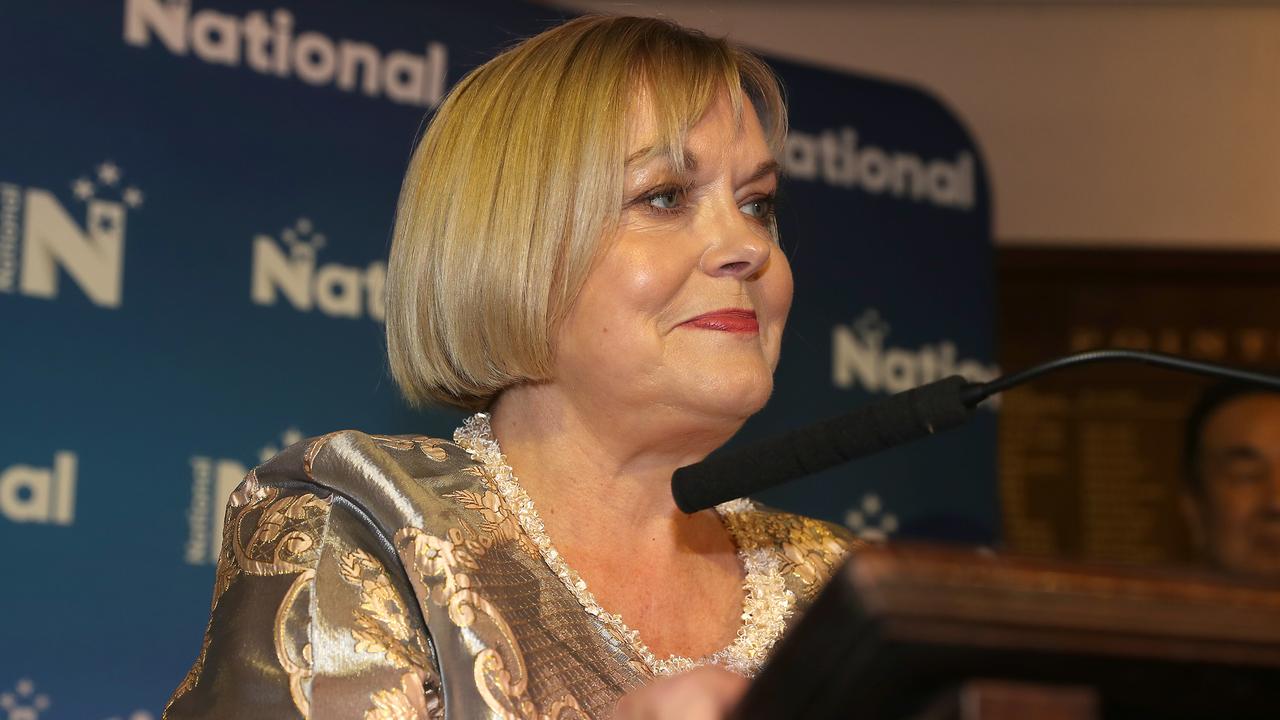
Ms Collins was removed in a vote of no confidence from her colleagues on Thursday, less than 24 hours after a clumsy attempt to demote Mr Bridges, one of her predecessors, from his frontbench position.
She announced the shock demotion over crude comments Mr Bridges made to a fellow MP, Jacqui Dean, at a function several years ago.
Ms Dean complained at the time, and Mr Bridges apologised.
“Having been made aware of the seriousness of the complaint for the first time and the ongoing distress this has caused the complainant, I was left with no option but to immediately demote Simon Bridges and relieve him of his portfolio responsibilities,” said Ms Collins in a statement on Wednesday night.
“This decision has not been made lightly. However, the seriousness of the situation demands a swift and decisive response.
“Under my leadership, the National Party will not tolerate harassment and intimidation of any person.”
The demotion blindsided National MPs, many of whom were left fuming. It ultimately cost Ms Collins the leadership.
“It is a really hard job and I have done everything I possibly could,” Ms Collins told reporters after being ousted.
Ms Collins said she was “pleased” to leave behind the “gruelling media schedule”.
“It’s been a privilege to take over the leadership of the National Party during the worst of times and to do so for 16 months,” she said.
“It has taken huge stamina and resolve and has been particularly difficult because of a variety of factors. I knew when I was confided in by a female colleague regarding her allegation of serious misconduct against a senior colleague, that I would likely lose the leadership by taking the matter so seriously.
“If I hadn’t, then I felt that I wouldn’t deserve the role. I didn’t ask for the allegation to be given to me. I am proud of the support I received from Dr Shane Reti, a man of principle, and I will continue to advocate, not only for (my electorate) Papakura, but for those who have no voice.”
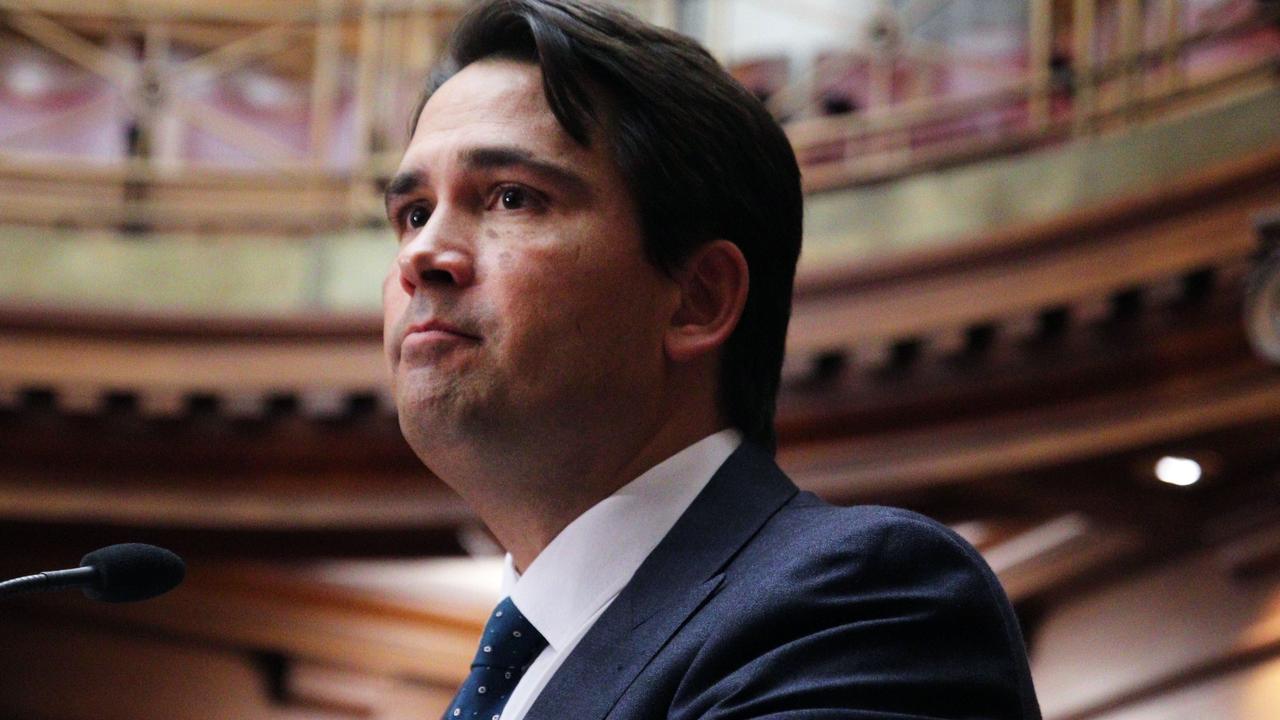
Speaking to media on Thursday, before the party room vote, Mr Bridges called the move to demote him “truly desperate”.
“What we saw yesterday was truly desperate stuff from Judith Collins,” he said.
“I think it shows that she’ll go to any length to hold on to her leadership of the National Party.
“There’s a huge amount I want to say about what happened yesterday and how wrong it was, and I assure you I will, but I want to talk to my caucus first and be very clear with them about what I think, and what I think should happen for the National Party.”
Meanwhile Ms Dean confirmed the comment Mr Bridges had made about five years ago were “inappropriate” and “upset me at the time”.
“There was an apology, but subsequently it has continued to play on my mind, and with the recent reviews that have occurred in parliament the feelings have been brought back up,” she said.
“What matters to me is that all of us have a clear understanding of what behaviour we should expect in a modern workplace environment.
“Simon and I have spoken a number of times over the past few hours and he has reiterated his apology.
“As I’m sure can be appreciated, the publicity around this has been upsetting and I ask that my privacy is respected on this.”
Mr Bridges is among several candidates who may put their names forward to replace Ms Collins as opposition leader.
Worst electoral performance in 19 years
Although Ms Collins maintains her clash with Mr Bridges played a key role in her ousting, her poor performance against Ms Ardern was undoubtedly also a factor.
In a TVNZ/Colmar Brunton poll released on November 15, just 5 per cent of New Zealanders chose Ms Collins as their preferred prime minister, with 44 per cent opting for Ms Ardern.
Ms Collins was even pipped by the head of a minor party, ACT New Zealand, with 11 per cent of Kiwis choosing its leader as their preferred PM.
Under Ms Collins, National suffered its worst electoral performance since 2002 in the 2020 New Zealand election, winning just 25.6 per cent of the party vote.
Ms Ardern won in a landslide victory, with Labour’s 50 per cent the highest percentage of the party vote since 1993, and high enough to allow her to form a majority government.
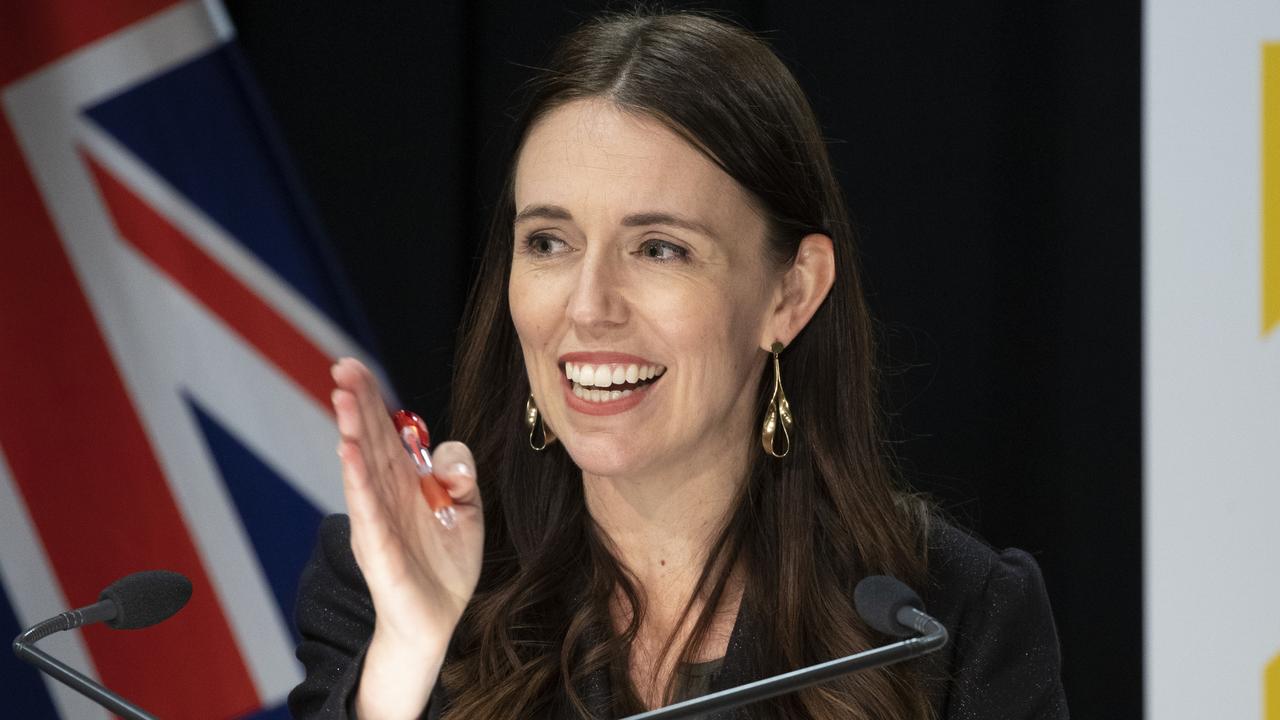
A rocky few years for the National Party
Since Ms Ardern came to power in October 2017, the National Party has gone through an unprecedented spate of disruption.
This is despite the party being the more electorally successful party in New Zealand’s post-war era – governing in 47 of the 76 years since the end of WWII.
Ms Collins succeeded Todd Muller as leader on July 14, 2020, with the former business executive spending just 53 days in the job. When he resigned he said the role was “untenable from a health perspective”, revealing to Stuff in March 2021 that he had began experiencing panic attacks five days into the role.
“What happens when a guy takes over as a political leader, then clearly has a mental breakdown and leaves after 53 days?” he said.
“Do you frame it as a mental health issue? Or was he in way over his head, he shouldn’t have done it, and his political reputation is stuffed?”
Prior to Mr Muller, Mr Bridges was leader from 2018-2020 and Bill English held the job from late 2017 to early 2018, having lost to Ms Ardern in the 2017 election.




